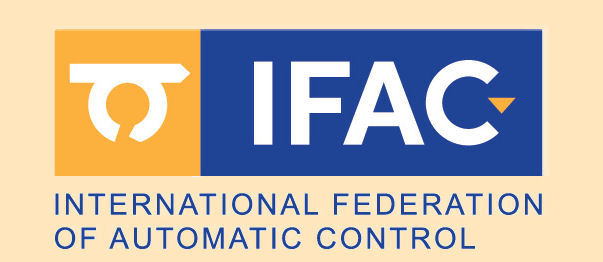| Paper TuA1.1
Yasami, Amirreza (University of Alberta), Mohamadali, Tofigh (University of Alberta), Jiang, Luo (University of Alberta), Abediasl, Hamidreza (University of Alberta), Koch, Charles Robert (University of Alberta), Shahbakhti, Mahdi (University of Alberta)
Data-Efficient Vehicular Fuel Rate Estimation Via Transfer Learning Using a Nonlinear-Autoregressive-Exogenous Neural Network
Scheduled for presentation during the Regular Session "Advanced combustion engine modelling and control" (TuA1), Tuesday, June 17, 2025,
10:30−10:50, Kapel
AAC 2025 11th IFAC International Symposium on Advances in Automotive Control, June 15-18, 2025, Eindhoven, Netherlands
This information is tentative and subject to change. Compiled on June 1, 2025
|
|
| Keywords Combustion modeling and control: spark ignition, compression ignition, low temperature combustion, AI/ML application to automotive and transportation systems
Abstract
Fuel estimation is crucial for intelligent transportation systems to minimize fuel consumption, thereby reducing costs and environmental impacts. However, developing accurate data-driven fuel-estimation models requires extensive data, which is usually costly and time-consuming to collect for fleet systems with a large number of vehicles. This paper presents an inductive transfer learning (TL) method for fuel rate estimation to alleviate the large fuel data measurement requirement. First, a dynamic neural network based on the Nonlinear Auto-Regressive Exogenous (NARX) approach is trained for a Peterbilt 579 class 8 haul truck as the base model, using on-road fuel consumption measured data. Afterward, using the TL method, the developed fuel-estimation model is leveraged to three different vehicles with various engine sizes and types, including a Ford F-350, a hybrid Ford Fusion, and a turbocharged Ford Escape. Extensive analyses illustrated that the transferred target models require training data as minimal as 3% (~3km) of the total data used for training the base model to achieve prediction accuracy comparable to the base model. Moreover, compared to developed conventional models, the TL-based target models for the Ford Fusion, Ford Escape, and Ford F-350 demonstrate average improvements of 70%, 71%, and 73% in terms of Mean Absolute Error (MAE), Rooted Mean Squared Error (RMSE), and training time, respectively.
|
|


 This site is protected by copyright and trademark laws under US and International law.
This site is protected by copyright and trademark laws under US and International law.